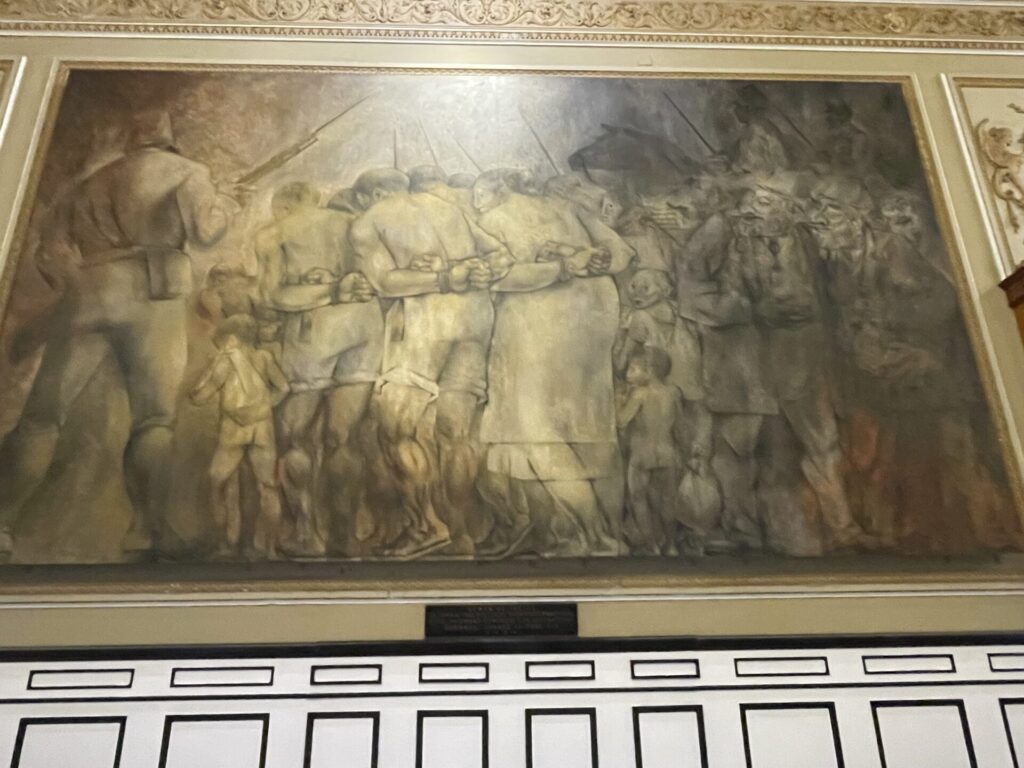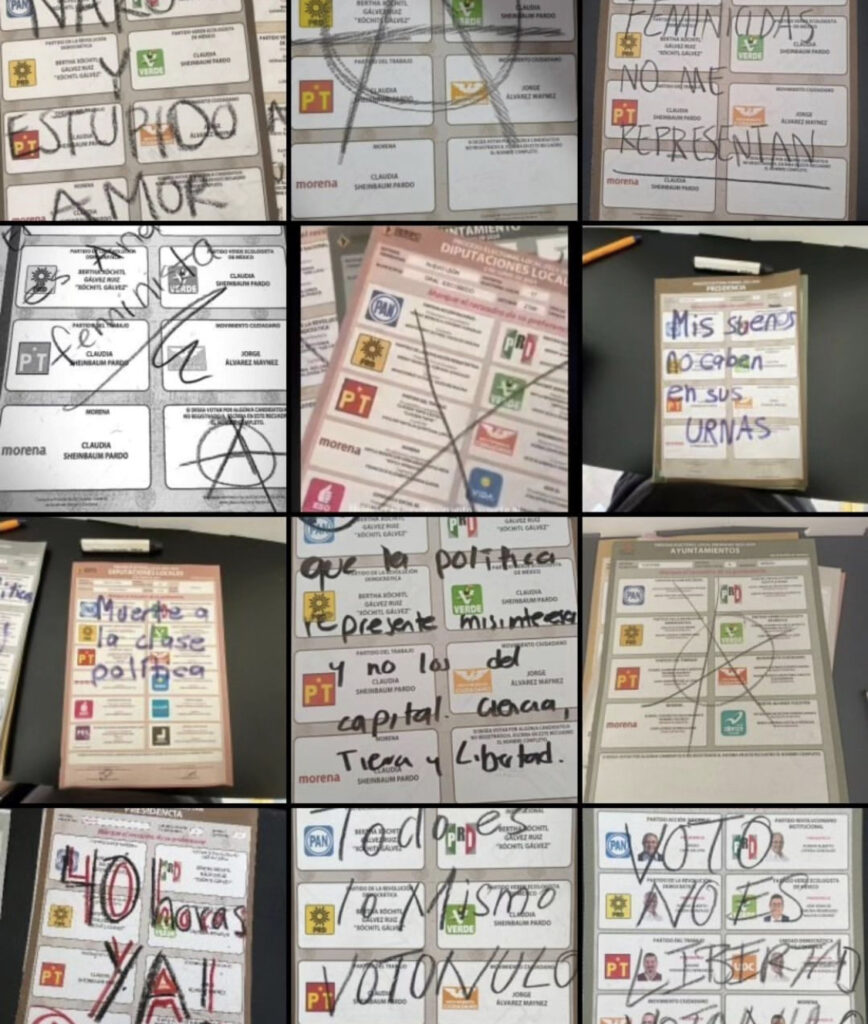Upon returning home, I expect the small world I inhabit in Philadelphia to look entirely different to me. Never before have I fully immersed myself in another culture to a quotidien level. Unable to speak the language, I found ways to make friends and build relationships with people everywhere I’ve gone and in so doing, I became aware of the behaviors and thought patterns that are unique to my US upbringing, the ways they differ and have speak to a vastly different history of colonization and imperialism in a different part of the world. My habitations fall in line with the expectations one gains living in a hyper-capitalistic state—from air conditioning to restaurant manners—which contrast to those developed in a state marked by its history of both colonial subjection and Indigenous values—from architecture to kind exchanges in the park or library. The consequences of a free market economy in the U.S. and Mexico were built on entirely different societal and historical foundations, apparent in their respective contemporary economic industries which occupy the public consciousness and daily lives of its perhaps unknowing participants.

In the U.S. it can be difficult to identify and reflect on the subconscious landscapes we have been raised in but leaving the capitalist epicenter of the world pushes us to open our eyes to the ways similar imperial forces have shaped other cultures in dramatically different ways, ways that are impossible to ignore. The U.S. economy is ruled by wall street, while the Yucatán is ruled by tourism. Upon returning home, I hope to continue examining American culture and society to expose these differences and challenge the structures that made them what they are today. I feel grateful to have learned of, across both cultures, there remains a strong movement fighting these structures and systems of oppression.
